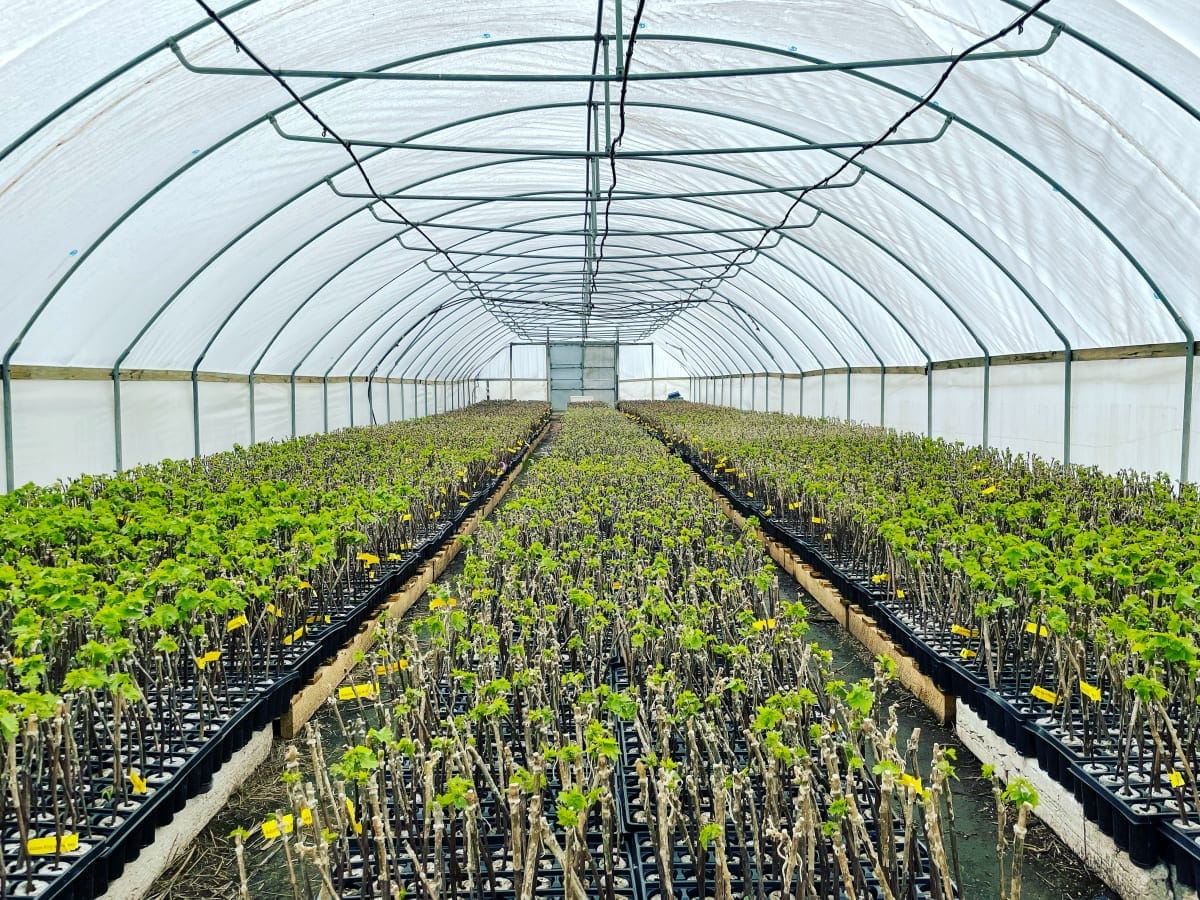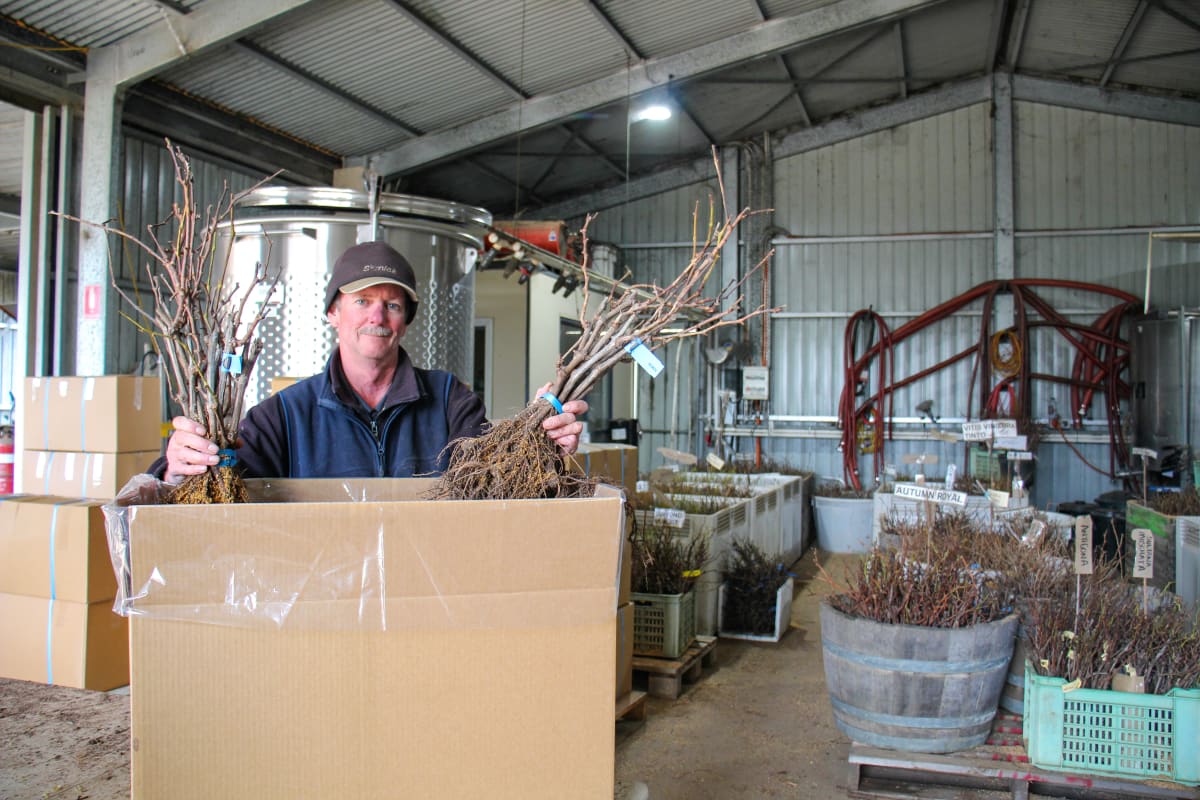Next best grape starts here
THE remnants of an ancient sandhill have proved the perfect place to put down roots to a thriving table grape nursery for one Freeling family. Viticulturist Wayne Farquhar purchased land southeast of the Freeling township 22 years ago, originally...

THE remnants of an ancient sandhill have proved the perfect place to put down roots to a thriving table grape nursery for one Freeling family.
Viticulturist Wayne Farquhar purchased land southeast of the Freeling township 22 years ago, originally with the intent of only growing grapes for wine.
But the discovery of sandy soil at the top of the block, combined with his extensive background in horticulture, presented an opportunity too good to pass up.
“We started to propagate our own grape vines in the sand and we actually started down the front of the property, and as we expanded, I realised this was perfect soil to make a business,” Mr Farquhar said.
“So we then formed Elite Nursery, supplying wine grape vines to the industry.”
In 2006, during a period of wine grape oversupply and low grape prices, Mr Farquhar looked to table grapes as an alternative.

He first purchased an established Barossa-based business that supplied retail garden nurseries with table grape vines across the country.
Today he continues to supply over 100 retail garden centres Australia-wide with dozens of different public domain varieties.
“It’s ideal for us to plant table grapes into the sand because sand is fairly uniform, so we are able to give them nutrition and water, and get a fairly consistent and even growth,” he said.
It also enables us to lift them out of the ground with minimal amount of effort, which is important.”
Separately, Mr Farquhar is the sole Australian distribution point for the California Table Grape Commission, meaning he also supplies vine rootstock to the big commercial table grape producers, which in turn stock the supermarkets.
These vines cannot be propagated by anyone else under the plant breeder’s rights (PBR) scheme, which protects plant breeders by giving them a commercial monopoly for a period of time.
“There are lots of different varieties available in the marketplace and we have five we supply from the California Table Grape Commission,” he said.
“If you go into Woolies and Coles and buy fruit, the chances are you are buying grapes that have come from vines that we propagated.”

The process of getting a new, unique table grape variety from the United States to Aussie consumers is no easy or quick task.
Mr Farquhar currently has another variety he is still propagating, while another vine is on its way through Australian quarantine.
“It’s a very long process to get the sticks into the country – about two years in Australian quarantine,” he said.
They come in, they get treated and they plant them up, they carry out molecular testing on them and then after a couple of years they get released and I get one pot.
“It takes me quite a few years to make enough babies from the one pot until I can commercially release it to the growers.”
The process of lifting, packaging and distributing both the PBR vines and those headed to retail garden centres is carried out through May to October.
Mr Farquhar hires seasonal staff to help, but the business is also a family affair.
Wife Lisa does the bookwork, and when not on the footy field or studying, 16-year-old daughter Amelia is also lending a hand with the manual work.
Son Connor, 19, will eventually take over the complete running of the business.
“Connor works side by side with me, he is out here driving the tractor lifting, so he is learning on the job,” Mr Farquhar said.
I’ll still keep going until such time as I fall down I guess, but I can start to backpedal once he takes control.”
Connor also has a hand in the running of the family wine label, Dell’uva Wines, which produces premium European varieties.
Following the close of their Greenock cellar door, plans are now under way to develop a cellar door experience and sale point on their own Freeling property.





